"The survival of Transylvania's Hungarian communities belonging to the Reformed Church is our natural desire, as we are also determined by what will happen to these congregations across Transylvania, said President Tamas Sulyok on Saturday in Cluj-Napoca, during his speech at the inauguration ceremony of Vilmos Kolumban, the newly appointed bishop of the Transylvanian Reformed Church District.
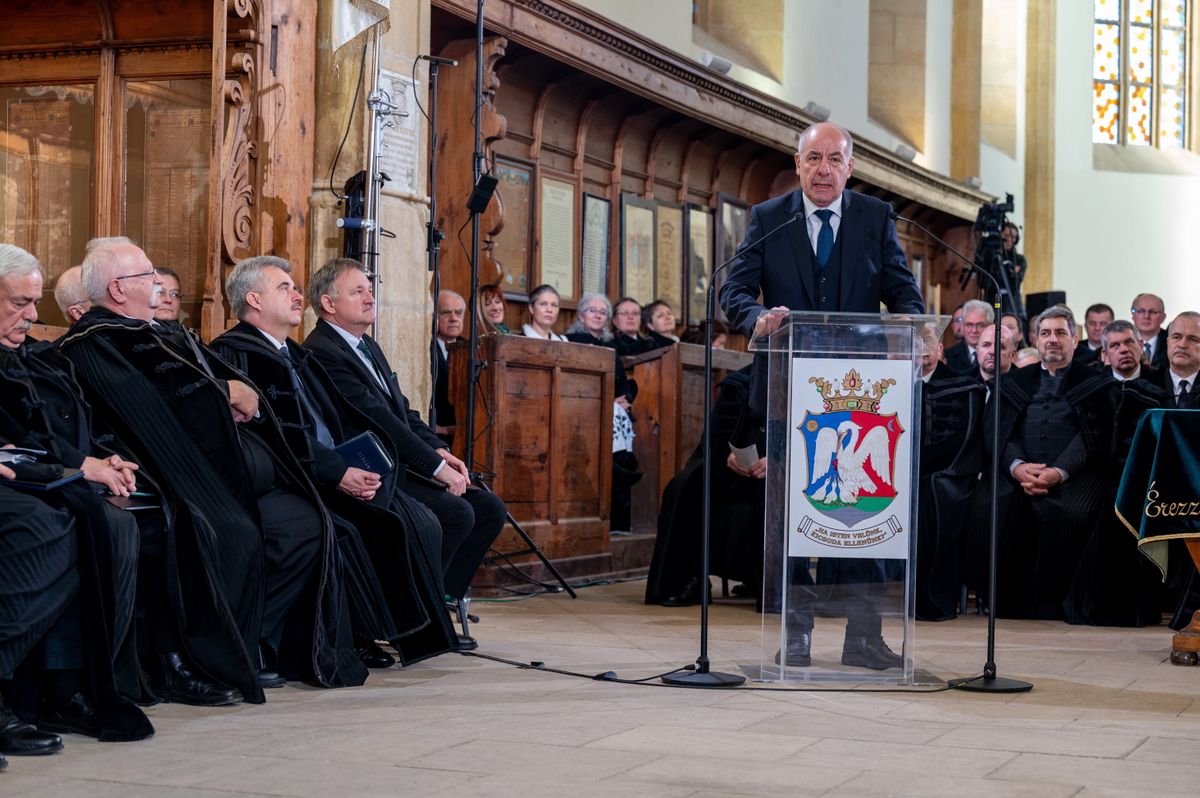
Strong communities are essential
The president emphasized the importance of keeping these Reformed Church congregations alive and strong, with their members walking proudly and happily, allowing Transylvania’s Hungarian community to rise once again. He acknowledged that this goal might seem bold in an era of secularization, emigration, and demographic crisis, but he affirmed that it is the only path worth following.
Quoting the opening verse of Psalm 125, Tamas Sulyok stated that the formula for this has long been known:
Those who trust in the Lord are like Mount Zion, which cannot be shaken but endures forever. He added that those who trust in the Lord persevere through every storm, remaining courageous and unshakable, just like Mount Zion. However, he noted that achieving this requires good shepherds—leaders who guide the congregations in a way that fosters trust.
He pointed out that the noble task of leadership will not be unfamiliar to Vilmos Kolumban, as he has worked alongside his predecessor, Bishop Bela Kato, and, as the rector of the Protestant Theological Institute, has gained deep insight into historical experiences of the pastoral vocation. President Sulyok emphasized that the bishop’s work impacts not only Transylvania’s Hungarian Reformed Church communities but the entire Hungarian nation, as the future of Hungarians living in Transylvania is a decisive matter for all Hungarians.
He recalled that Transylvania's Hungarian community has experienced periods of renewal generation after generation, thanks to its great leaders, such as Gabor Bethlen, Prince of Transylvania. These figures established enduring institutions, including the strong bastions of Reformed Church colleges, which served not only as centers of knowledge but also as spiritual homes fostering self-awareness, self-respect, and social responsibility.
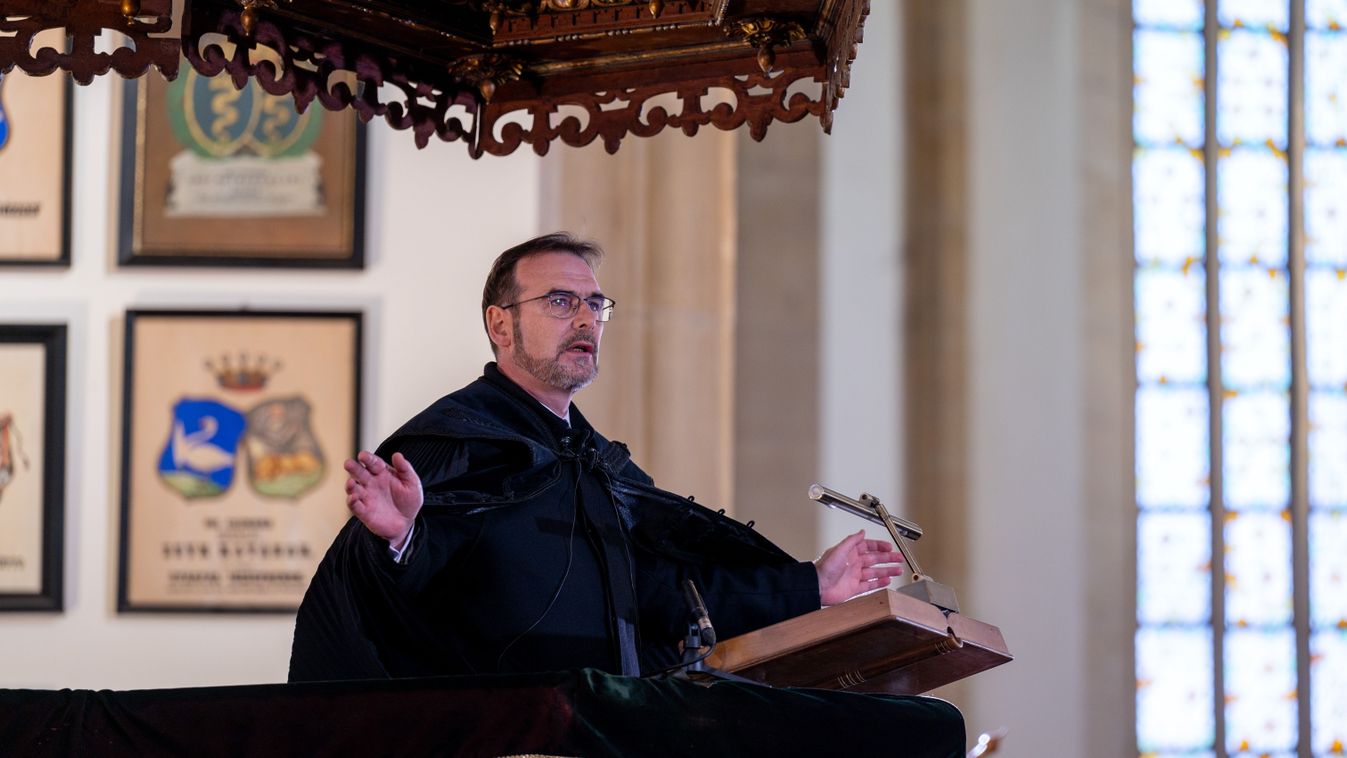
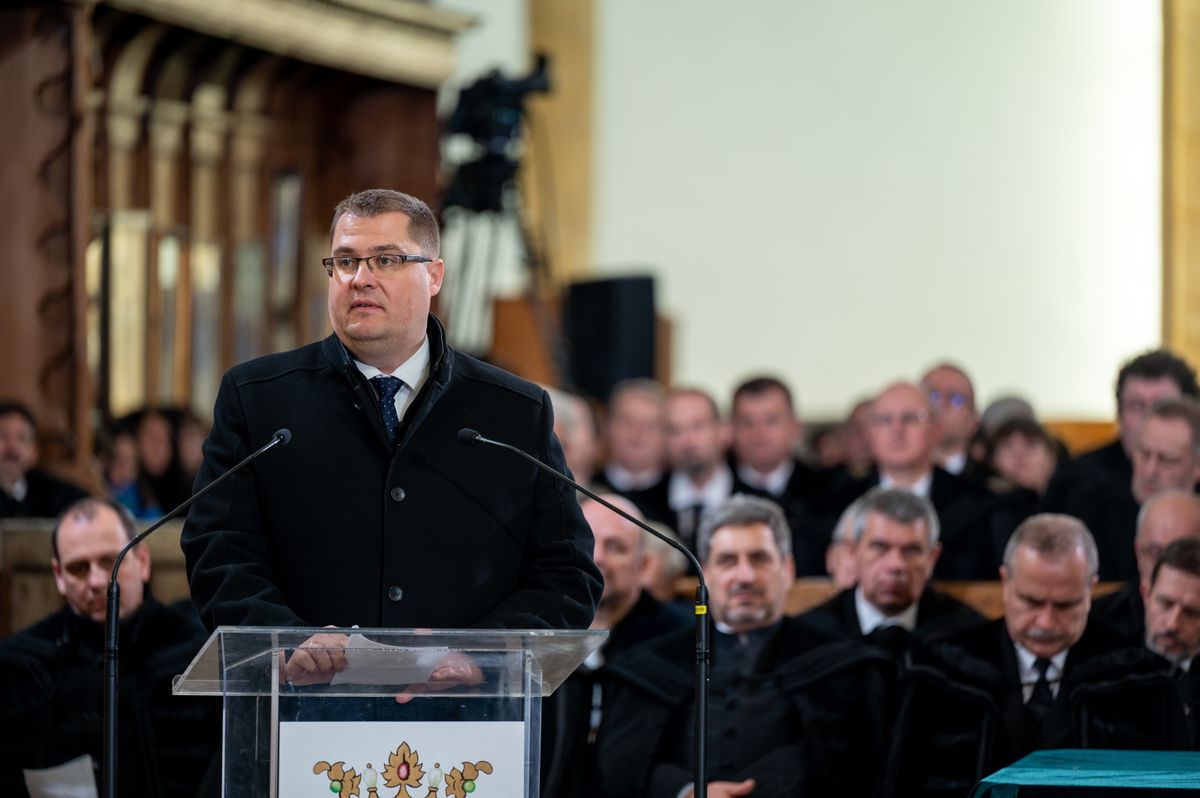
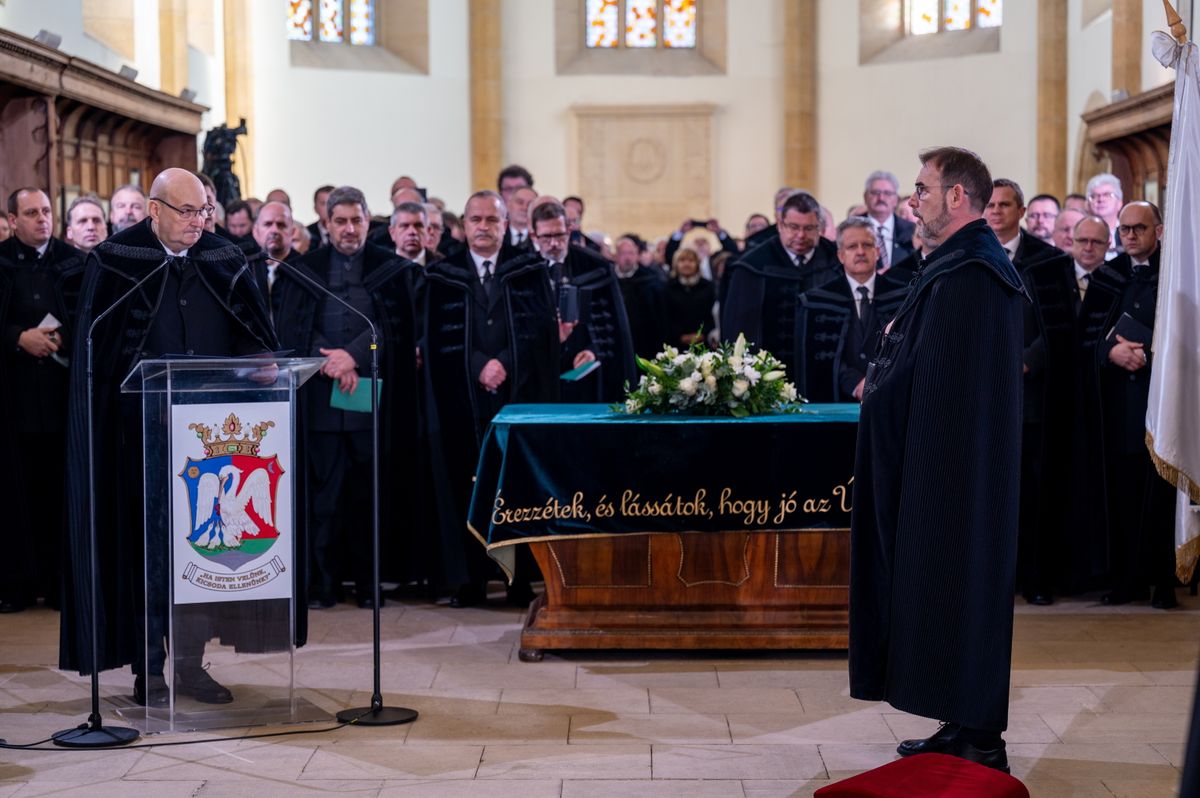
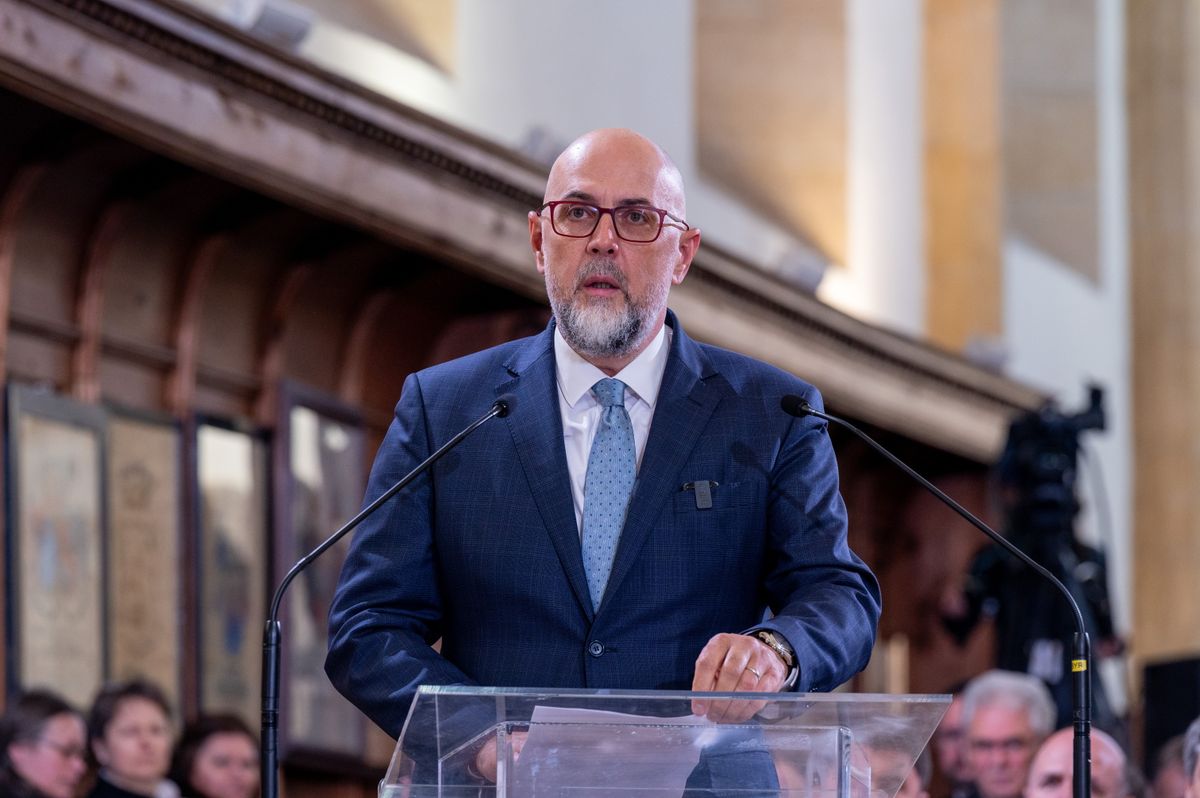
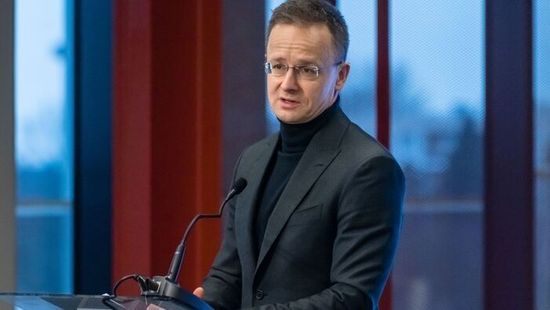

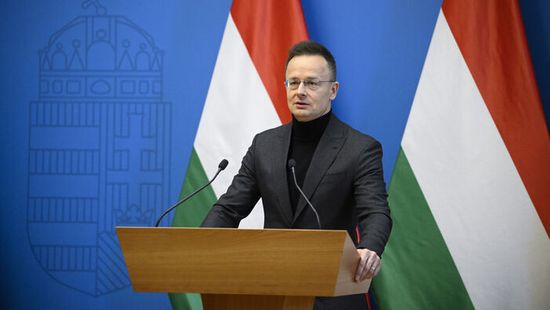



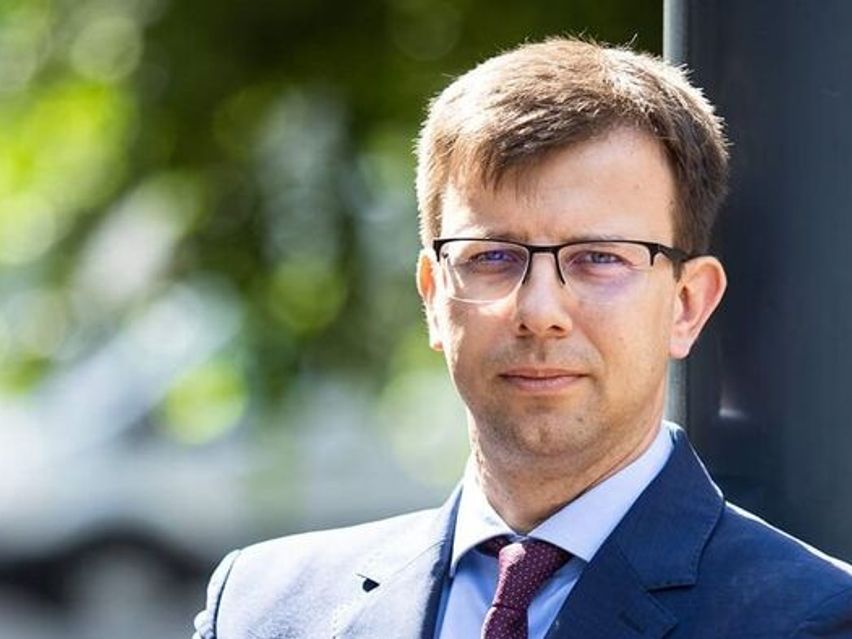












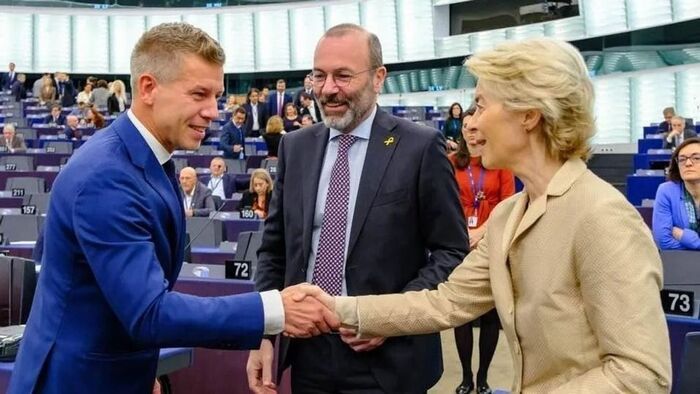


Szóljon hozzá!
Jelenleg csak a hozzászólások egy kis részét látja. Hozzászóláshoz és a további kommentek megtekintéséhez lépjen be, vagy regisztráljon!